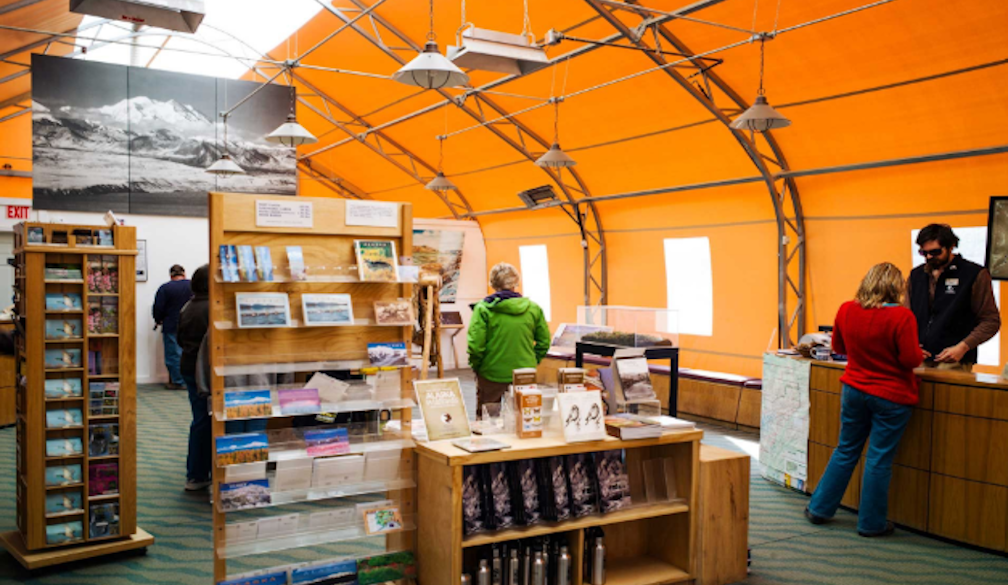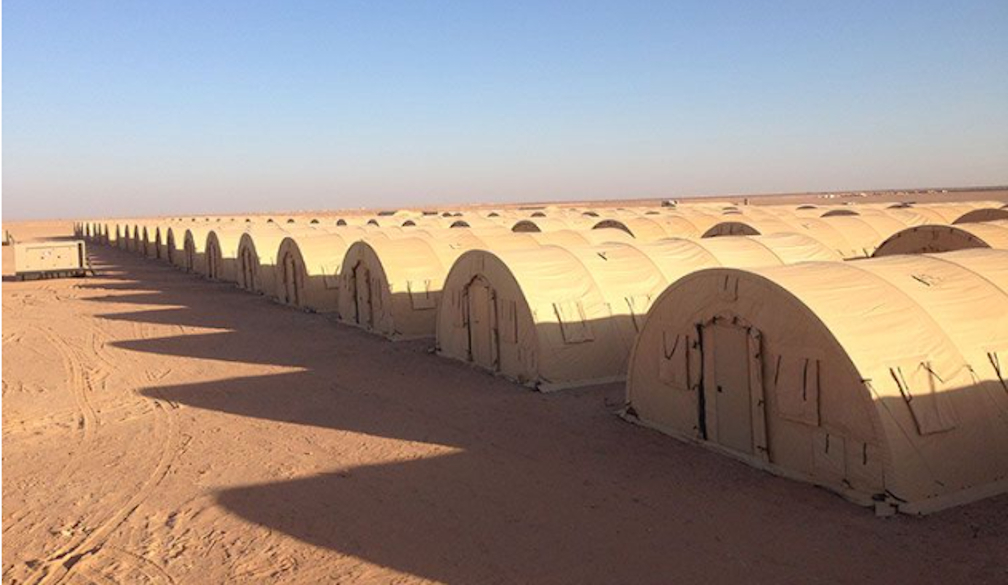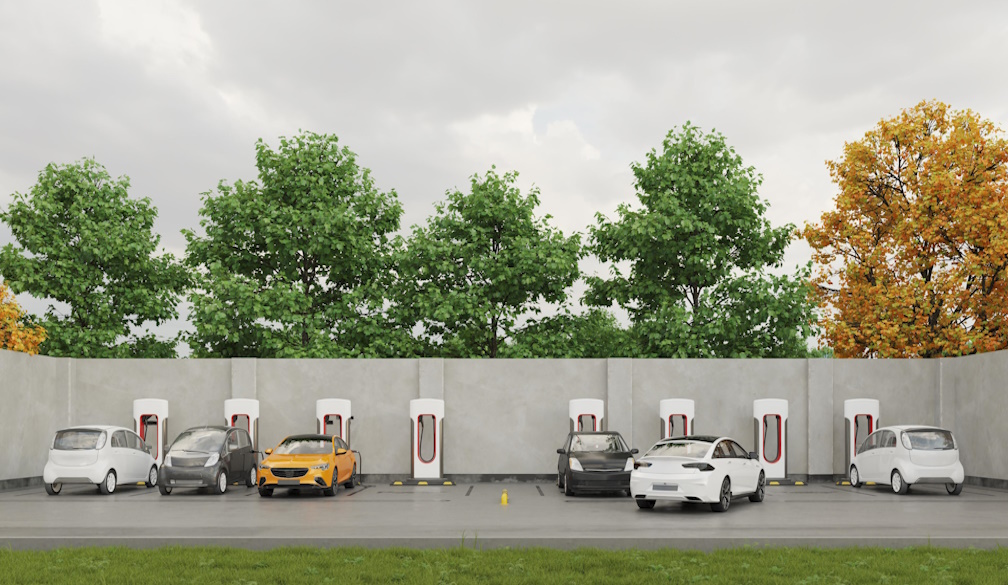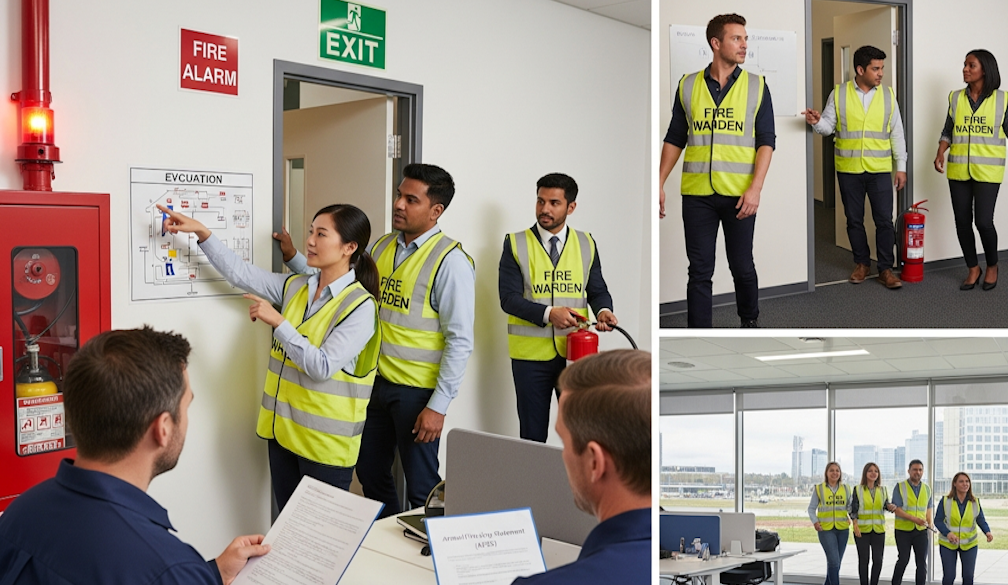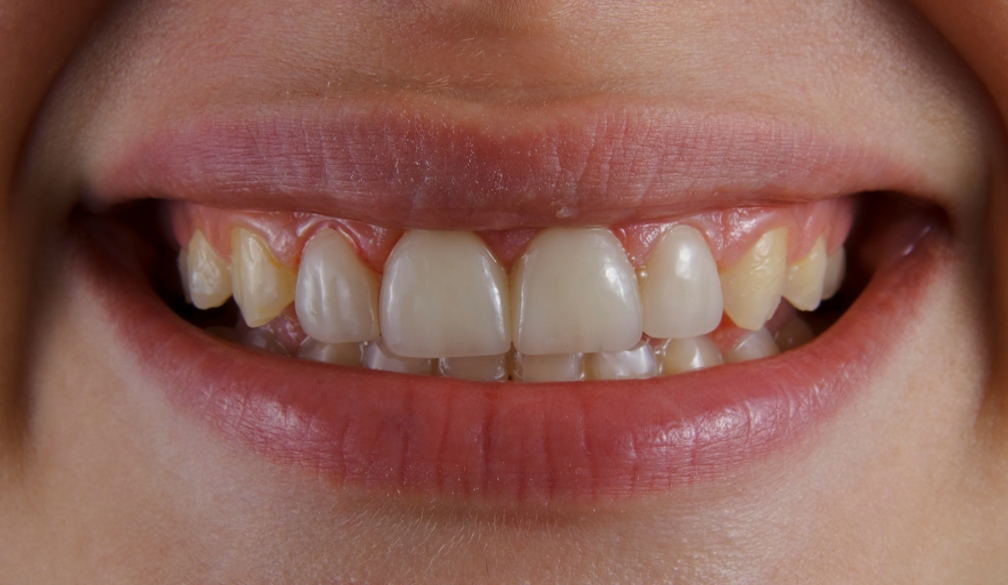8 Ways to Make Your Home Feel More Relaxing
- Written by Chloe Taylor

The past two years have been hectic as hell. The pandemic is still raging and we’re all trying to lead a happy life despite what’s going on outside. Our homes are our sanctuaries, our safe places where we can not only be protected from contagion, but also outside stress and confusion. And if your home doesn’t look or feel like a relaxing haven, here are a few things you can do to awaken relaxation in your house:
Put a stop to clutter
No matter if you’re a devoted Marie Kondo fan or just a person looking to maximize their space, you probably know that clutter needs to go away from your house. Clutter not only destroys your home aesthetically, but it also leads to a lot of nerve-racking moments of losing things and feeling distressed. Set one day aside to clean out your closets and get rid of unnecessary things—you’ll feel better instantly. With your trash, you’ll also throw out a lot of stress and tension.
Choose a natural palette
Relaxation starts in the eyes, so tackle your colour palette. It’s important to know that neutral tones and muted colours are much easier on the eyes than anything bright and bold. While decorating with colour creates a fun environment, if you’re seeking calmness and relaxation, neutral is the way to go. And don’t think these colours have to be boring! You can use a lot of different textures to add interest. Plain white interiors might indeed look a little boring, but as soon as you add fabrics and subtle patterns and warm details in gold, tan or pale yellow, you will avoid that sterile look.
Introduce many light sources
Every room deserves layered lighting that includes general, natural, ambient and task lighting. A bright room is always more inviting to people so consider adding more lighting with sconces, floor lamps, desk lamps and pendants to eliminate those scary dark corners. And make sure to use natural light if you have access to it. During the day, open those blinds and let the sunshine flood your home. Your mood will instantly improve and you’ll manage to relax and unwind.
Soften up the edges with textiles
Cosy textiles like chunky knits, velvet, suede and other materials can give your space a homely and comfy vibe. Concentrate on introducing elements like long drapes that pool on the floor, slipcovers that fit very casually and a bunch of throw pillows for added comfort. Rugs are another must-have element of any relaxing home. If you want to add some comfort and softness to the place, quality rugs for any room are your best option. They will keep your toes warm and add interest to the space. Plus, due to the huge offer of different materials, textures and colours, you can always add a splash of interest to the space with rugs, but also swap them on a whim if you need a change.
Add a relaxing fire element
Fireplaces are not very common in Australia, but they can be a great addition to your home, especially to warm up those winter evenings. And you don’t even have to fire it up to create a cosy and warm atmosphere in your home. Use your mantel to create a stylish and cute vignette by decorating the fireplace shelf and the wall around the pit. When not in use, decorate the firebox with a stylish screen, fall branches or pillars of candles.
Frame family photos
To take your mind on a pleasant trip down memory lane, frame a few family photos that will remind you of your happiest moments. Surrounding yourself with pleasant memories and faces of your loved ones can add emotional warmth to the space and make you feel safe and loved.
Embrace greenery
Gardening is a great hobby that many people rely on as a stress reliever after a long day at the office or a stressful week with kids. If you can’t grow a full garden, you can bring a few plants indoors to add a pop of colour and life to your space. Plants also make your environment healthier by removing toxins from the indoor spaces and filling them with fresh oxygen. Plus, having something to take care of and watch it thrive is a great way to achieve fulfilment and relaxation.
Create a relaxing zone
If you can’t fill your entire home with relaxing elements, you can dedicate one tiny corner to wellbeing. Design your relaxation zone according to your interests, whether you like to read, listen to music, meditate or practice yoga. Place a comfortable chair or mat in a quiet corner of your house, preferably somewhere with natural light and views of nature. Complete the space with a lamp and a side table to hold your necessities. Privacy and peace are very important in this space, so if you lack those, invest in a privacy screen to block distractions.
Do you already feel more relaxed? Introduce these elements to your home and watch as your mental and emotional health improve and stabilize. Combine the aforementioned elements with your own ideas and you’ll achieve ultimate comfort and relaxation.



